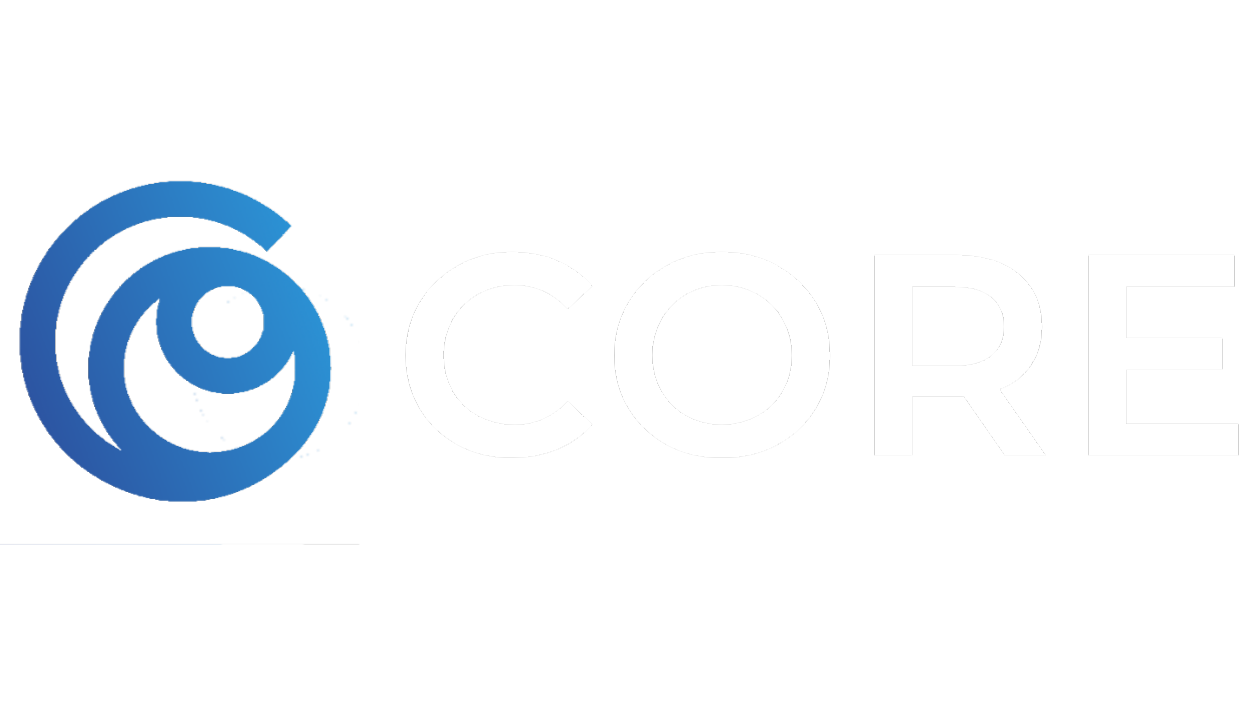What is SEO? Everything You Need to Know
If you’ve ever heard someone mumble “SEO” and thought it was some secret code, you’re not alone. But here’s the deal: SEO stands for Search Engine Optimization, and it’s the magic behind getting your website found by real people, not just your mom and that one friend who clicks your link because you begged them to.
What is SEO in Simple Terms?
SEO is about making your website easy to find, easy to use, and impossible to ignore. Think of Google as the world’s busiest library and your website as a dusty book on the shelf. SEO is what makes Google put that book right on the front table with a “Must Read” sign.
It’s about optimizing your content, structure, and reputation. Hence, search engines like Google, Bing, and even DuckDuckGo know you’re the best result for what people are searching for.
Key SEO Definitions You Need to Know
Let’s make sure we’re speaking the same language. Here are some essential definitions.
-SEO – Search Engine Optimization.
–Organic Traffic – Traffic you didn’t pay for (like free samples at Costco).
–Keyword – Words or phrases people type in Google, like “What is SEO?”
–Content – Words, images, and videos that help your visitors learn, laugh, or buy.
-Backlink – Another site vouching for you with a link—like a digital high five.
-Authority – The power your website has in Google’s eyes. More trusted, more powerful.
Why Should You Care About SEO?
Let’s be real—no one goes to the second page of Google. If you’re not on page one, you’re invisible. Seriously, have you ever clicked on page two? I haven’t. SEO is how you get your site on page one—right where your customers are looking.
Here’s a simple fact: More visibility = more traffic = more money. If you’re not optimizing for search, you’re leaving money on the table for your competitors to grab.
How Important is Ranking on Google’s First Page?
Extremely important.
Here’s why:
-
- The top result on Google gets about 30% of all clicks.
-
- The second result receives 15%, and it continues to drop from there.
-
- If you’re on page two? You might as well be in Antarctica.
Your website can be a work of art, but if it’s not showing up when people search, it’s just a painting in a basement.
How Long Does SEO Take to Work?
Let’s be clear: SEO isn’t a get-rich-quick scheme. It’s an investment—like planting seeds in a garden. However, unlike growing tomatoes, which can take a long time, SEO can start showing real results in 3 to 6 months. Some businesses see a boost in traffic even faster if they’re in a smaller niche.
So, don’t expect to wake up tomorrow with 1,000 new leads. However, expect steady growth that builds over time and remains consistent.
How Does Google Decide What to Rank?
Here’s where things get technical—but don’t worry, I’ll keep it human.
Google uses robots called crawlers to scan your website. These crawlers check out your content, your site’s code, and who’s linking to you. Then, they decide if you’re worthy of the first page or if you need to keep grinding.
Google looks at three main factors:
1. Relevance – Does your page match what people are searching for?
2. Quality – Is your content helpful or just keyword-stuffing nonsense?
3. Authority – Do other sites and experts trust you?
It’s like getting into an exclusive club. You need the right look (keywords), the right attitude (quality content), and a few friends vouching for you (backlinks).
The Three Core Pillars of SEO
SEO isn’t just one thing—it’s multiple categories working together like the world’s best marketing team:
On-Page SEO: Get Your House in Order
On-page SEO is everything you do on your site to make Google happy.
-
- Use Keywords Smartly: Sprinkle those target keywords (like “What is SEO?”) naturally in your titles, headers, and content.
-
- Create Killer Content: Not just filler. Write content that answers real questions, provides value, and shows off your expertise.
-
- Optimize Meta Tags: Those title and description tags? They’re your billboard in the search results. Make them count.
-
- Internal Linking: Link to your other pages to keep visitors engaged and help Google understand your site’s structure.
Remember: Google aims to provide the most relevant answers to people’s questions. Make your content the best answer.
Off-Page SEO: It’s All About Your Reputation
Off-page SEO is about building trust and credibility through backlinks.
-
- Backlinks Are Gold: The more trusted websites link to you, the more Google trusts you. Think of each backlink as a referral from a friend.
-
- Quality Over Quantity: A link from Forbes or The New York Times is worth way more than 100 links from sketchy blogs no one’s ever heard of.
-
- Get Creative: Reach out to local news, guest post on popular blogs, or create content people can’t help but share.
Off-page SEO is like networking for your website. You want people talking about you (in a good way).
Technical SEO: Don’t Neglect the Engine
Technical SEO is the under-the-hood aspect that enables your website to run smoothly.
-
- Site Speed: If your site takes forever to load, you’re in trouble. Google prioritizes fast websites—and visitors will bounce if your page doesn’t load quickly.
-
- Mobile-Friendly: With 63% of searches happening on mobile devices, you’d better make sure your site looks good on phones.
-
- Clean Code: Google likes tidy sites. No broken links, no messy code.
-
- Secure It: Google wants your site to be HTTPS (secure). No one wants to see “Not Secure” next to your name.
Ignoring technical SEO is like driving a Ferrari with no engine. It looks great and doesn’t move.
More Advanced SEO Tactics to Boost Your Rankings
Once you’ve got the basics covered, here’s how to level up:
Local SEO: Win Your Neighborhood
If you’re a local business, Local SEO is your new best friend.
-
- Google Business Profile: Claim it, fill it out, and keep it updated.
-
- Local Listings: Get listed on Yelp, Yellow Pages, and anywhere people are searching locally.
-
- Reviews Matter: Encourage happy customers to leave positive reviews—they’re pure gold.
-
- Location Keywords: Use keywords like “Fort Collins SEO” or “Best tacos in Denver.” That’s how locals find you.
Local SEO is like putting your sign right on Main Street.
Content Clusters: Become the Authority
Google loves sites that go deep on a topic. Enter: Content Clusters.
-
- Pick a Core Topic: For example, “What is SEO?”
-
- Create Cluster Content: Write related articles like “Why SEO is Important,” “SEO vs. Paid Ads,” and “How to Choose SEO Keywords.”
-
- Link Them Together: Internally link everything back to your core topic.
Google sees you as the expert when you have a whole library of knowledge.
Schema Markup: Speak Google’s Language
Schema markup is like giving Google a cheat sheet for your site.
-
- What It Does: Adds extra code that tells Google what your content is about.
-
- Why It Matters: Helps you show up with rich snippets (stars, FAQs, event info) in search results.
Think of Schema as bonus points that help you stand out in the crowd.
How to Start Your SEO Journey Today
Here’s a straightforward plan.
-Find Your Keywords: Use Google Keyword Planner or SEMrush to find the best keywords to target for your business.
-Write for People First: Use those keywords naturally, but don’t turn your content into a robot mess.
-Get Those Backlinks: Network, guest post, and create shareable content.
-Track Your Progress: Google Analytics and Search Console are your best friends.
-Update Regularly: SEO isn’t a one-time effort. Keep adding and improving.
Common SEO Mistakes (And How to Avoid Them)
Let’s be real—everyone messes up SEO at first. Here’s what to avoid:
-Keyword Stuffing: Jamming “What is SEO?” 500 times into your post doesn’t fool Google.
-Ignoring Mobile: If your site’s not mobile-friendly, you’re toast.
-Thin Content: Short, useless posts are like empty calories.
-Forgetting User Experience: If people can’t find what they’re looking for, Google won’t either.
Does SEO Really Work?
Short answer: Absolutely.
Long answer:
-It brings you qualified, organic traffic.
-It builds brand authority.
–It compounds over time—unlike ads that stop when you stop paying.
It’s not magic, but it’s pretty close.
Final Thoughts: Ready to Dominate Your Market?
SEO isn’t just about ranking—it’s about building a presence that keeps growing. Whether you’re a local coffee shop, an e-commerce brand, or a one-person powerhouse, SEO is your ticket to sustainable growth.
So, let’s wrap it up:
-SEO = Visibility
–Visibility = Customers
–Customers = Growth
Now you’re armed with everything you need to know to answer the big question: What is SEO? No excuses, no confusion—just pure growth potential.
Want to learn more or need help getting started? Let’s chat and turn your website into a traffic machine.





